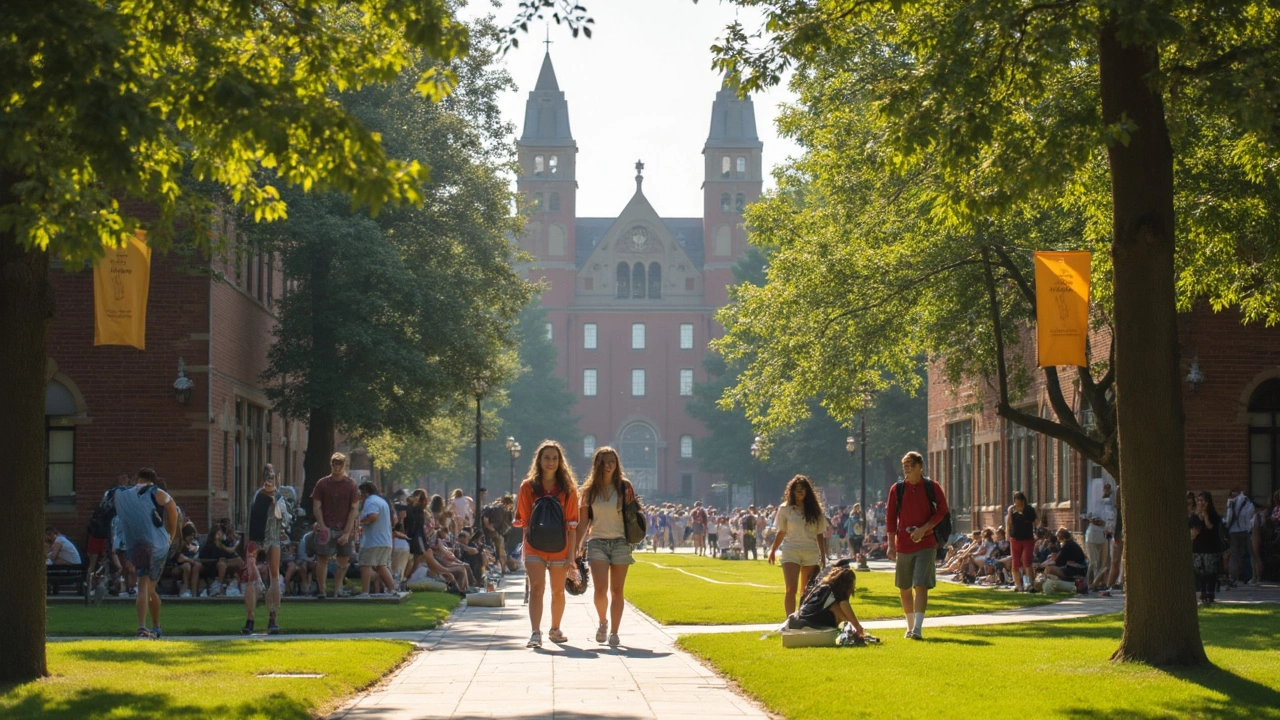Summer Schools – What Parents Need to Know
Thinking about signing your child up for a summer school? You’re not alone. Many families want a safe, engaging place where kids can keep learning while having fun during the break. Below you’ll find the basics – from picking the right program to budgeting and making the most of the experience.
How to Choose the Right Summer School
Start by listing what matters most to you. Is it academic focus, sports, arts, or a mix? Look for schools that match your child’s interests and age group. A quick call to the centre can reveal how small the class sizes are, what the daily routine looks like, and whether meals are provided. When you compare two options, ask for a sample schedule so you can picture a typical day.
Another easy check is the staff’s qualifications. Teachers with early‑childhood training or subject‑specific credentials usually deliver higher‑quality lessons. If the school boasts a playground, a library, or a garden, that’s a bonus – it means learning isn’t stuck to desks all day.
Understanding Summer School Costs
Cost is a common worry, but it varies a lot. Some programmes charge per week, others per term. For example, a typical regional summer school might run $150‑$250 per week, while specialised art or science camps can be $300‑$500. Look for discounts if you register early or sign up for multiple weeks.
Many local councils and charities offer reduced‑fee slots for families on a low income. It never hurts to ask the admissions office about free or subsidised places. Also, compare what’s included – tuition, materials, transport, and meals can add up quickly.
Once you’ve picked a school, keep the experience productive. Encourage your child to talk about what they learned each day. A simple “What was your favorite part?” question helps reinforce new ideas. If the programme includes homework or projects, set a short, regular time at home for them to finish it. This way the summer school feels like a continuation of regular school, not a separate chore.
Don’t forget the social side. Summer schools are great for making new friends. If your child is shy, arrange a playdate with a classmate outside of the programme. A relaxed setting can boost confidence and make classroom participation easier.
Finally, think about what you want to get out of the summer. Some parents aim for extra reading practice, others want a sports skill boost. Write down a few goals and revisit them mid‑session. If the school isn’t meeting those goals, talk to the teacher – many centres are happy to adjust activities.
Summer schools can be a win‑win: kids stay active, learn new things, and you get a break from constant home‑schooling. By checking the curriculum, staff, cost, and social fit, you’ll pick a programme that matches your family’s needs and budget.
Summer Schools in the US: What You Need to Know
This article breaks down what summer schools in the US are really about, who attends them, and what you actually do there. It's a straight-shooting guide with facts, tips, and real talk about how these programs work, how to find a good one, and whether they're worth the trouble. No boring explanations, just useful insights so you can decide if summer school is the right move for you or your family. If you’ve ever wondered if summer school just means makeup classes, you’re in for some surprises. All the info, minus the confusion.
